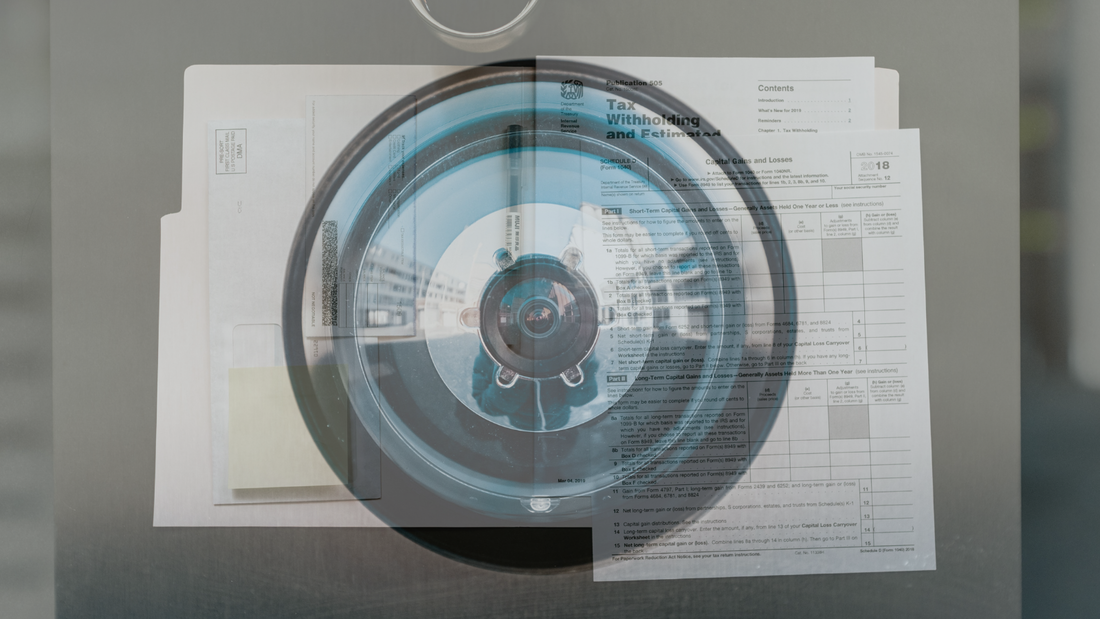|
Charlie Crist, a liberal Republican turned Democrat, is now a U.S. House Member representing Florida’s 13th district, which includes St. Petersburg and Clearwater. Mike Crapo, who has had a long career as a conservative Republican politician, now represents Idaho in the U.S. Senate. The differences between their careers and to some extent their constituencies can be as stark as the differences between Gulf Coast beaches and the Sawtooth mountains.
But they agree on one thing – the proposal now being debated in the Senate to direct the IRS to monitor all checking accounts and mobile payment and digital wallet apps that cumulatively exceed $10,000 would be a privacy nightmare. In a recent statement, Rep. Crist says he would support measures to do what the Biden Administration’s Treasury Department says it wants to do with its proposal – to go after wealthy tax cheats. But “working people with $10,000 in annual deposits are hardly the top 1 percent,” Rep. Crist said. “Allowing the IRS to data mine checking accounts raises serious privacy red flags and would increase costs, while targeting hardworking Floridians who are already struggling to get by. I will not support any IRS account reporting requirements that go after the middle class and working families. That dog won’t hunt.” Sen. Crapo likewise took to the Senate floor to object to the proposal, beginning with the observation that the original proposal was to report accounts with transactions totaling $600 a year. “That tells you what they wanted,” he said. “Now they said, well, we think we can get away with $10,000 because they know that still covers everybody,” Sen. Crapo said. “Think of a family that doesn’t spend more than $10,000 a year in their financial accounts. Think of a small business in America that doesn’t run more than $10,000 a year of income and expense through their accounts. It will pick up every small business in America … every family in America … and the IRS will have data on every American’s account. “The IRS does not need to have access to the accounts of every American who spends more than $10,000,” the senator said. “Or every American who has income of over $10,000.” Then Sen. Crapo zeroed in on the surveillance and privacy downsides of this proposal. He said: The Treasury Department has already proven it can’t even keep the data it has safe and that its data will be hacked … [It] has already proven that it will not avoid utilizing the data it has for political purposes, that it will not avoid weaponizing the data it collects to punish or try to diminish the influence of people with different political points of view. What can Americans expect from that? What we can expect is that the IRS/$10,000 reporting requirement will add another window into the private lives of Americans that can be exploited by an emerging surveillance state. Comments are closed.
|
Categories
All
|


 RSS Feed
RSS Feed